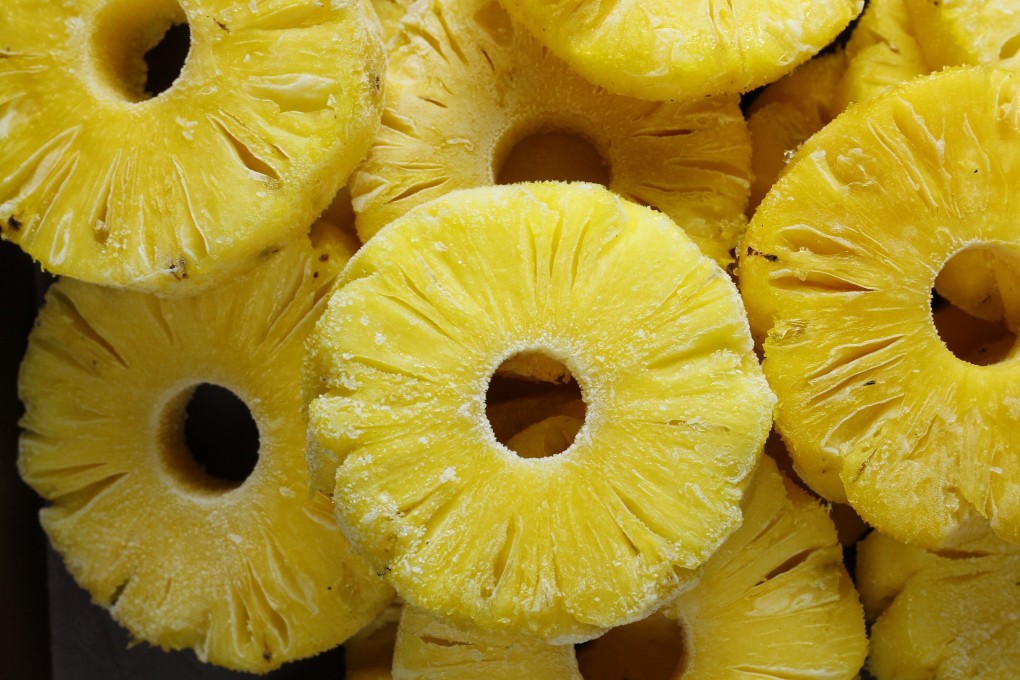Anti-dumping duty on Philippine canned pineapples: a thorn in Australia-Manila strategic ties?
- Canberra’s tougher market regulation could provide fodder for trade conflicts as it expands economic ties with Southeast Asian partners

But the tariffs of between 5.9 and 22.9 per cent were reapplied a year later following an appeal from Golden Circle, Australia’s only producer of canned pineapples. Another separate measure against larger quantities of pineapples used in food services was removed and remained so.
Australian authorities defended the decision saying cheaper Filipino pineapples would continue to “injure” the country’s existing pineapple canning industry, forcing exporters to pay the levies until 2027.
The Philippines is the world’s second-largest exporter of the spiky fruit, according to the Food and Agriculture Organization of the United Nations.
The case posed a test to the two nations that upgraded their bilateral ties to a strategic partnership last year and committed to eliminate “unnecessary barriers” in trade including anti-dumping duties.
This quiet conflict also shows that as Canberra trades with its Southeast Asian neighbours – which is set to rise under a new economic strategy announced this year – the complexities of commerce between niche producers like Australia and low-cost ones in Asia in certain areas like food would continue to surface, experts say.
